Faith In The City: why it still matters, 40 years on
In a new book, authors Terry Drummond and Joseph Forde revisit the landmark Faith In The City report, 40 years on.
Faith in the City, published in the autumn of 1985, was a
report that resonated with many congregants in the Church of
England, and is still regarded as being a landmark publication
in post-war Church – State relations.
It was a report that had been commissioned by Archbishop Robert Runcie out of a concern – widely held within the clergy – that the economic and social polices being pursued by Mrs Thatcher’s government were having a damaging impact on inner-city communities, and had contributed to the cause of the riots that had broken out in several English cities in 1981.
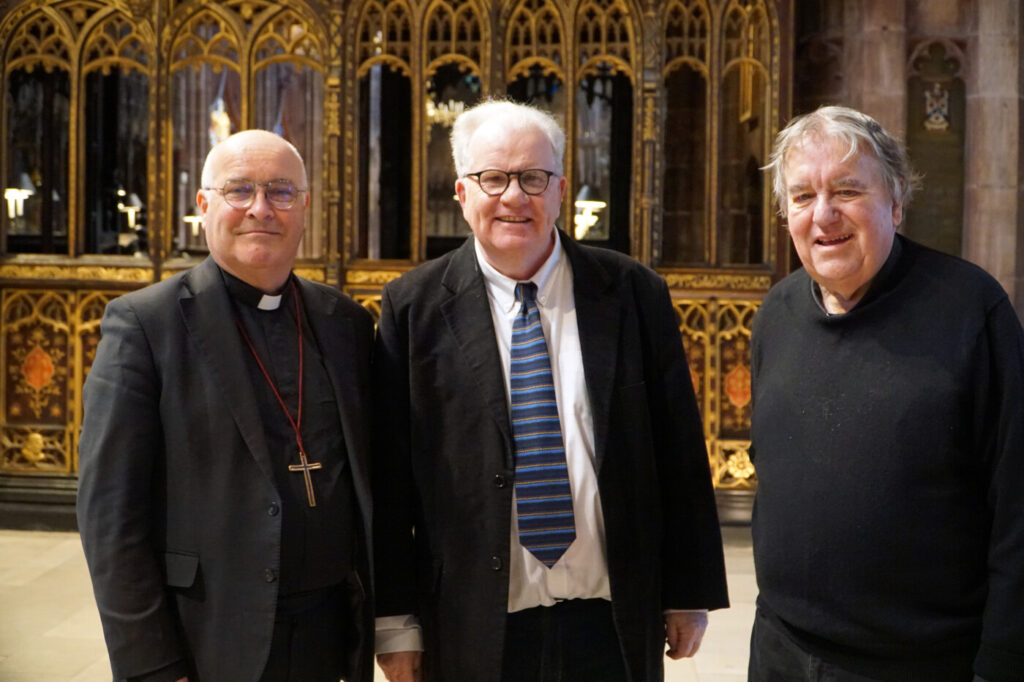
The original report drew a huge response
Forty years on, it is difficult to think of any publication from
within the Church of England that has received the level of
intellectual and political hostility that it encountered from
some government ministers, including the Prime Minister,
Margaret Thatcher.
This resulted in it having only a limited impact on changing government economic and social policy. However, we believe that there is still a need for us to remember and reflect on the report, not least because it spoke truth to power.
It did that by challenging the government of the day to rethink its approach in policy areas it believed were adversely affecting urban communities in cities and towns up and down the country, including in its approach to poverty alleviation and welfare provision.
Why we commissioned & edited the new book
It was with this purpose in mind that we decided to commission an essay collection written by some of those who were involved in the publication and implementation of the report itself, and others who have been engaged in urban mission and ministry since. The book is called Celebrating Forty Years of Faith in the City, and is published by Sacristy Press.

Faith In The City revisited
This collection of essays examines:
- the impact that the report had at the time of its publication
- the changes that have taken place in the political landscape in the period since
- the changes that have taken place in English society in the period since, and
- the changes that have taken place in the Church of England, including in its approach to urban mission, ministry, and welfare provision.
The result is a book that underscores the importance of the Church’s commitment to local communities, particularly in urban priority areas.
We think that a recovery of the report’s radical challenge rooted in incarnational theology and the strong links between Church, Faith and Society is the best way of ensuring that the Church of England remains connected to urban communities and encourages a new commitment to urban mission and ministry.
Celebrating Faith In The City: launch events
Recently, we were delighted to be interviewed about the book
by the Right Revd Stephen Cottrell, Archbishop of York, at a joint event organised by Greater Together Manchester and
the Church Urban Fund, and held at Manchester Cathedral on 14th November (see photo at the top of this blog).
We also spoke at an event at St Mary’s Church in Portsmouth on 20th November.
We hope that 2025 will be a time to celebrate all that is good
about urban mission and ministry today in the Church of England (and other Churches, too) as we celebrate its 40th anniversary, as well as to reflect on any lessons that we can take from Faith in the City and the impact it had, then and since, on shaping our understanding of urban theology, mission and ministry for today.

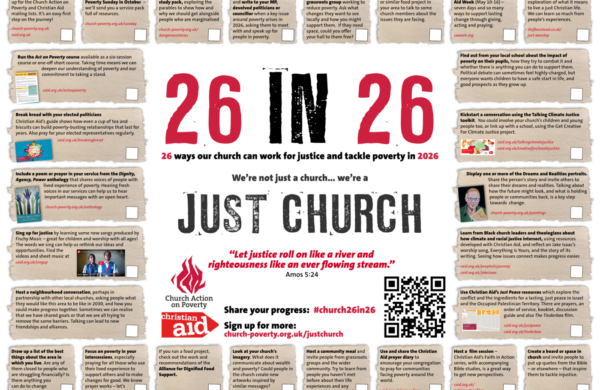
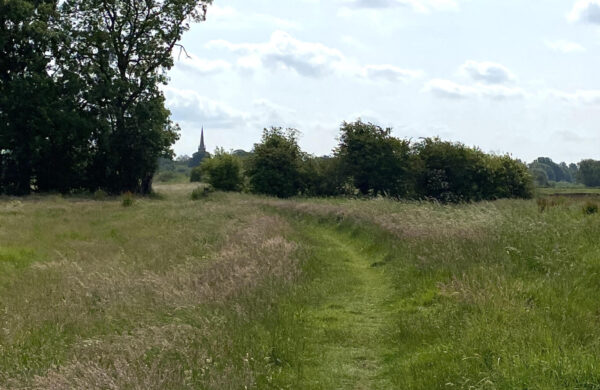
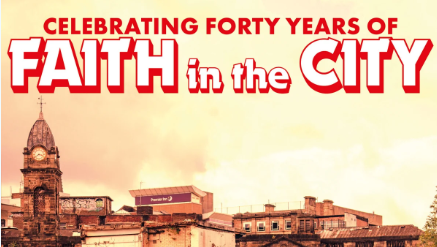
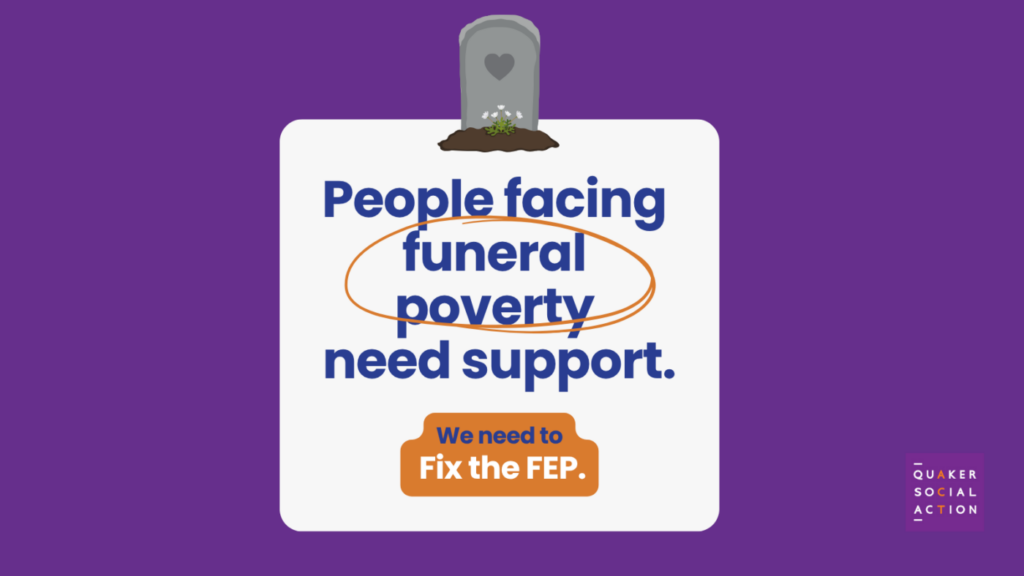
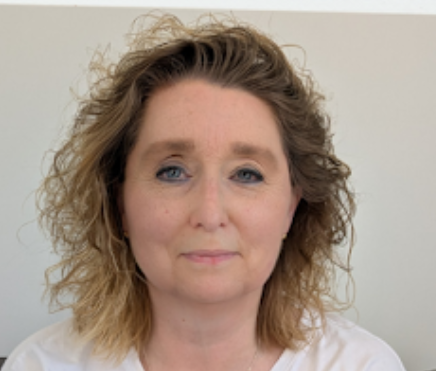
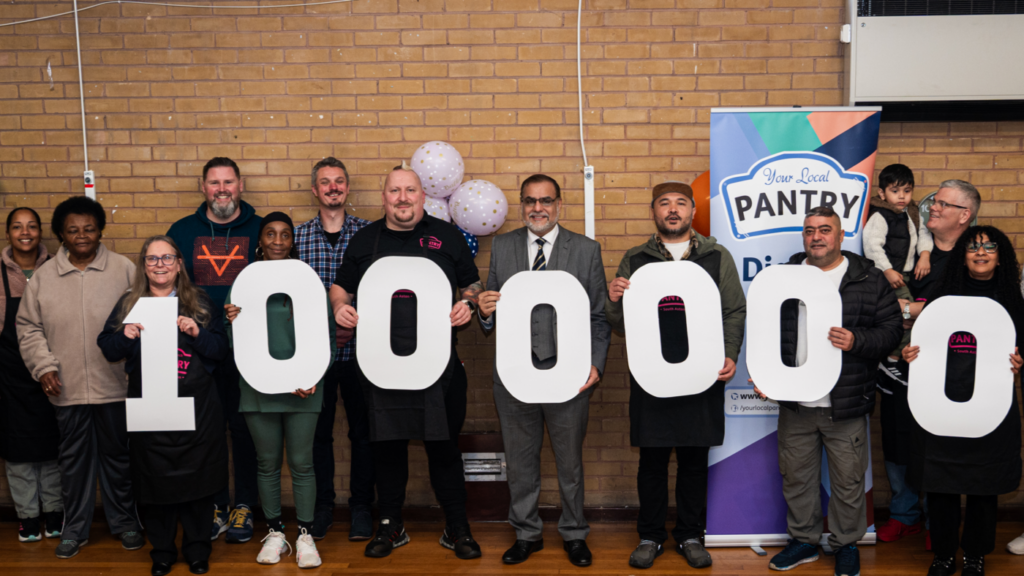
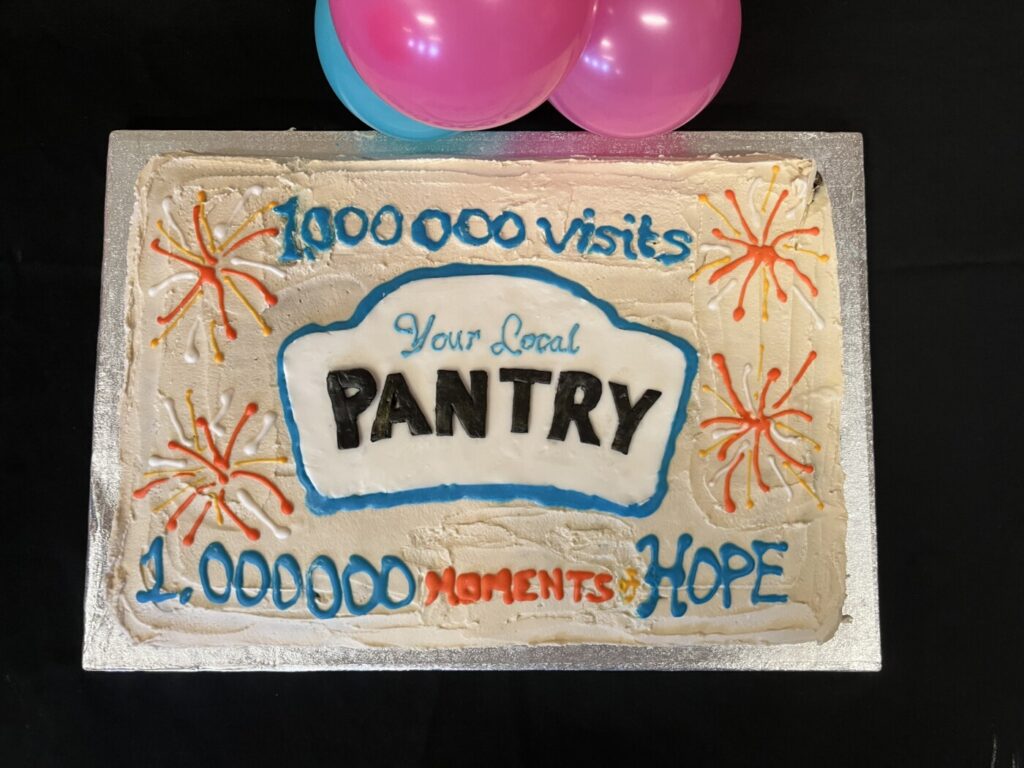
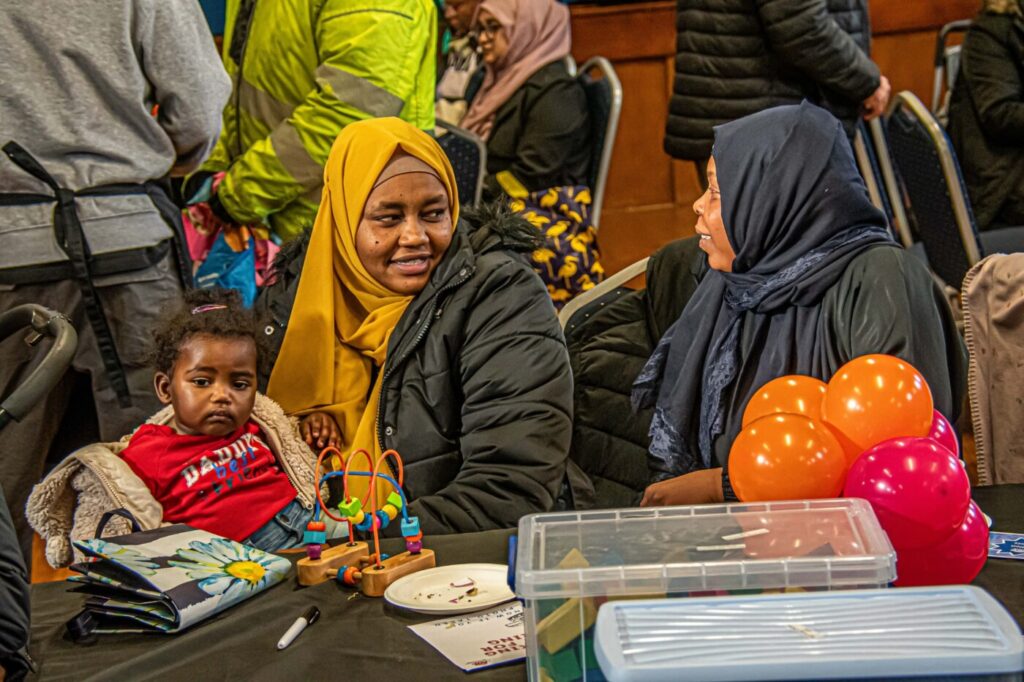
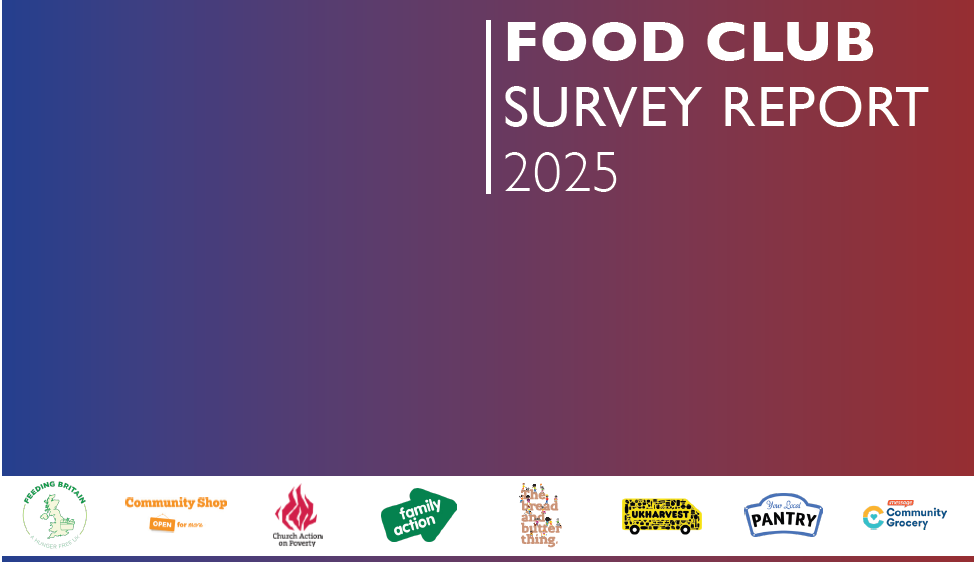


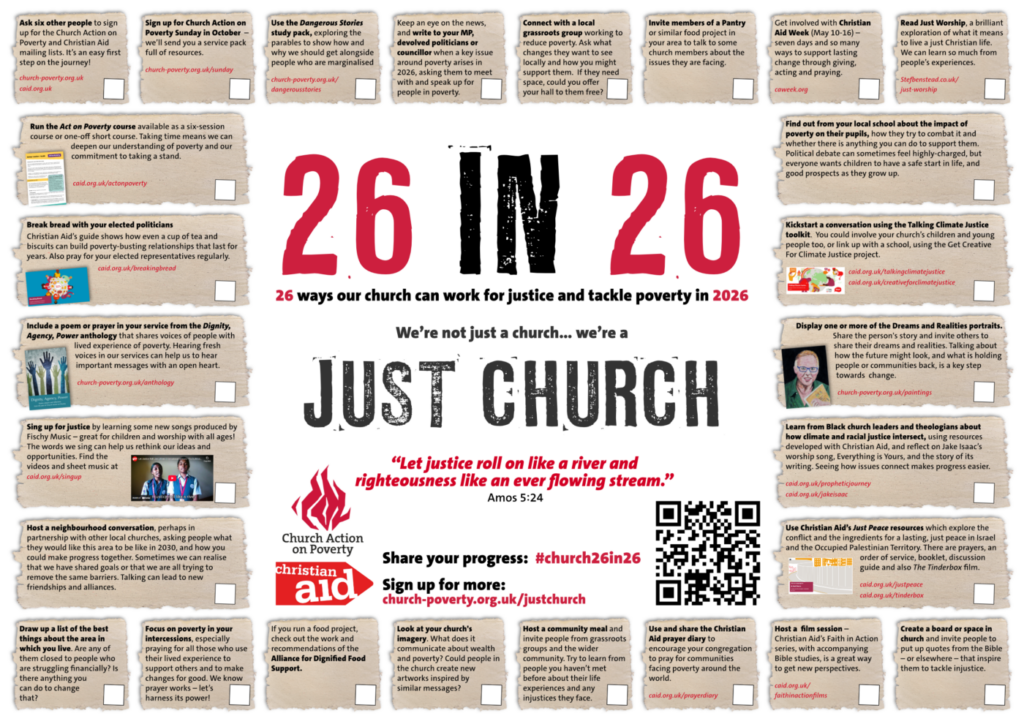

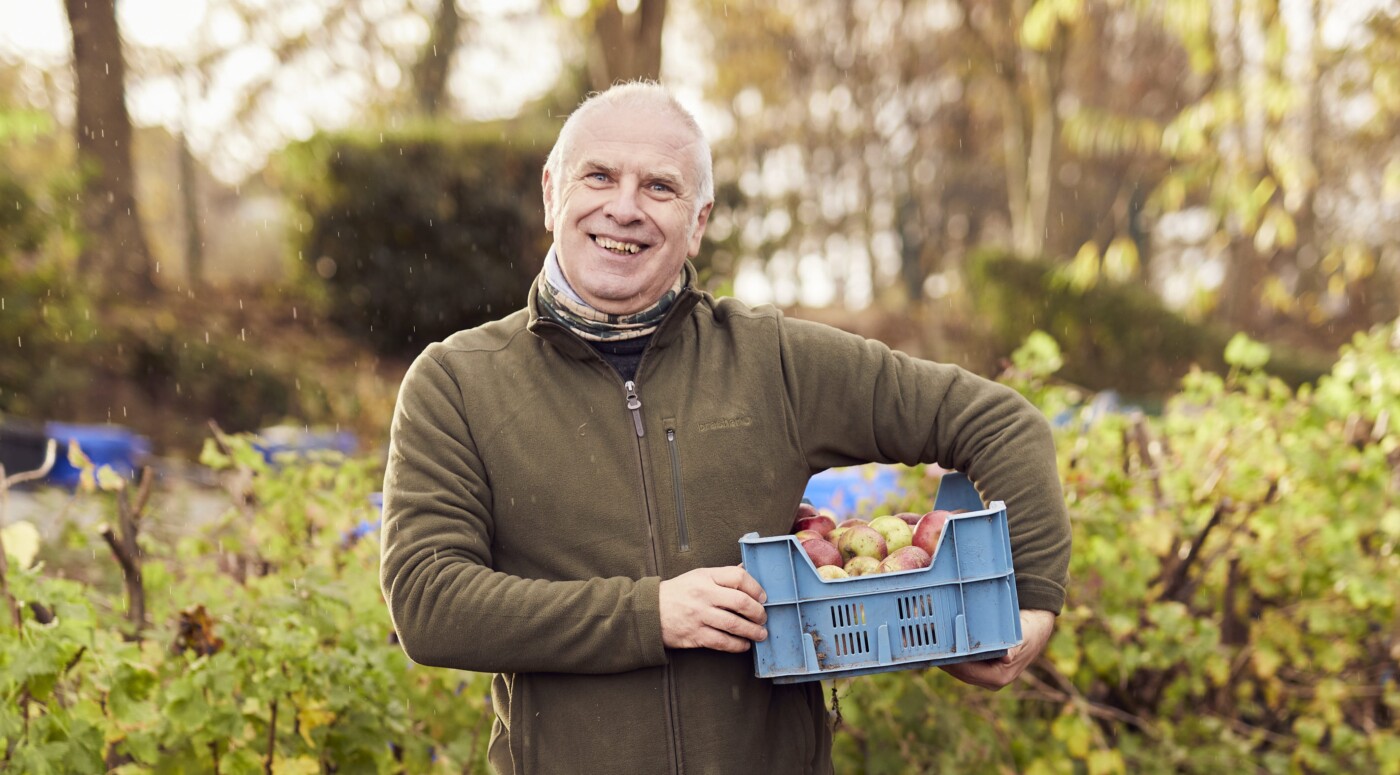
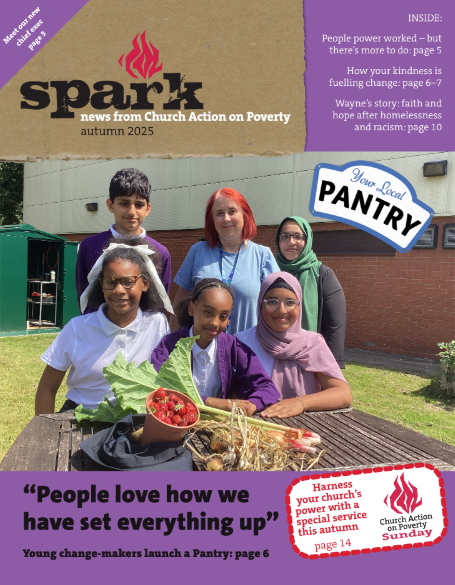
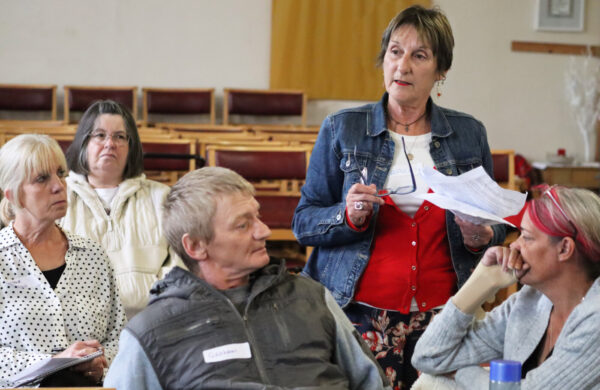

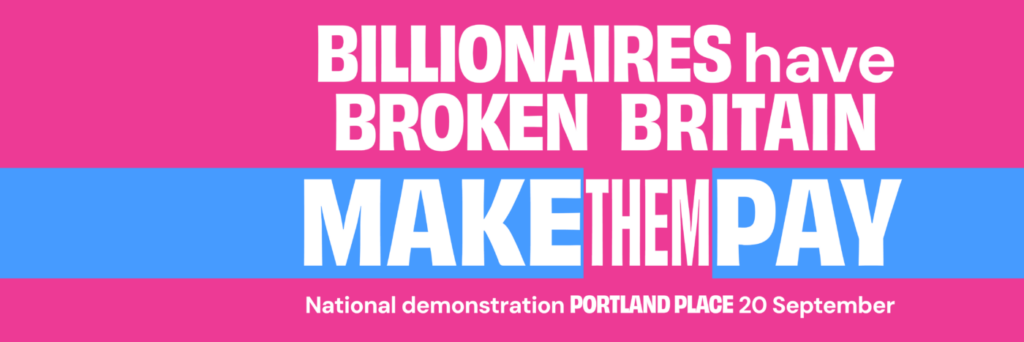
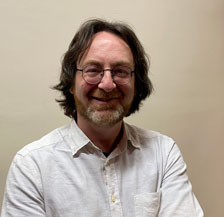
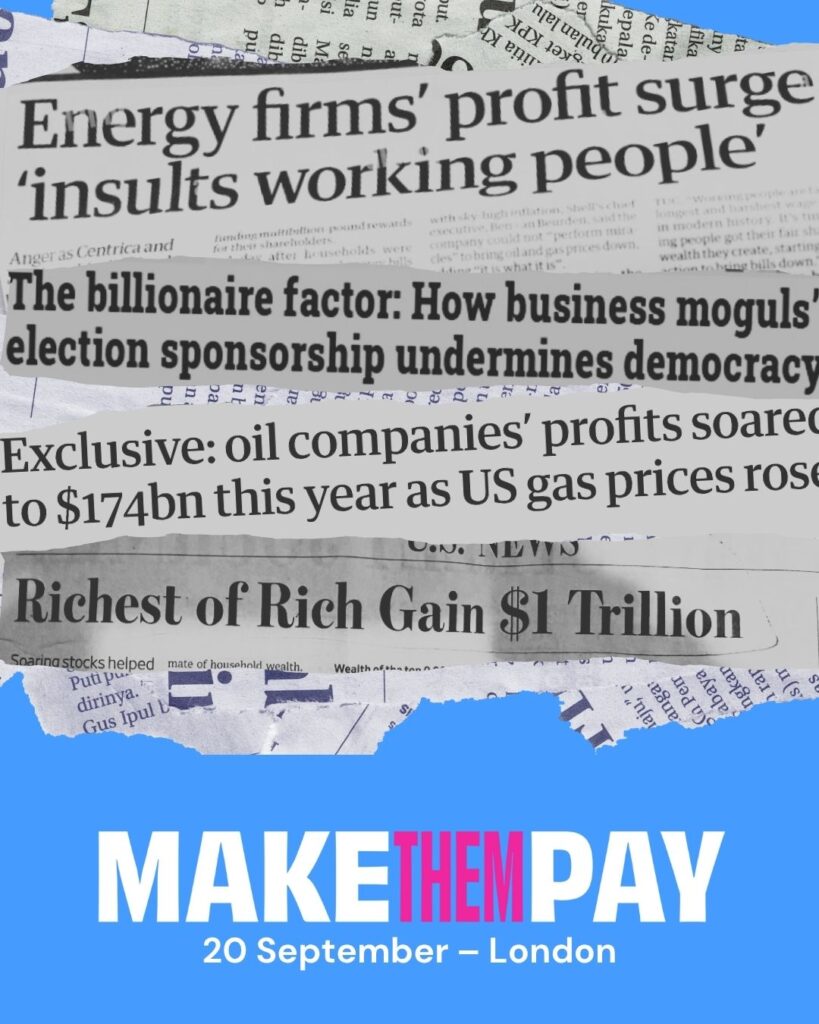
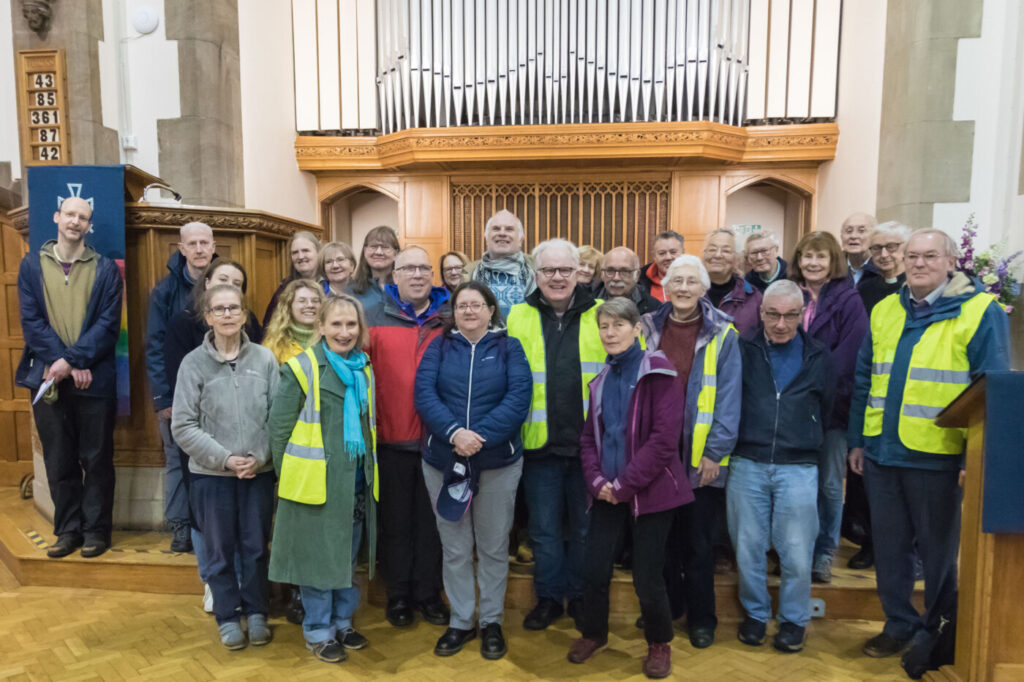
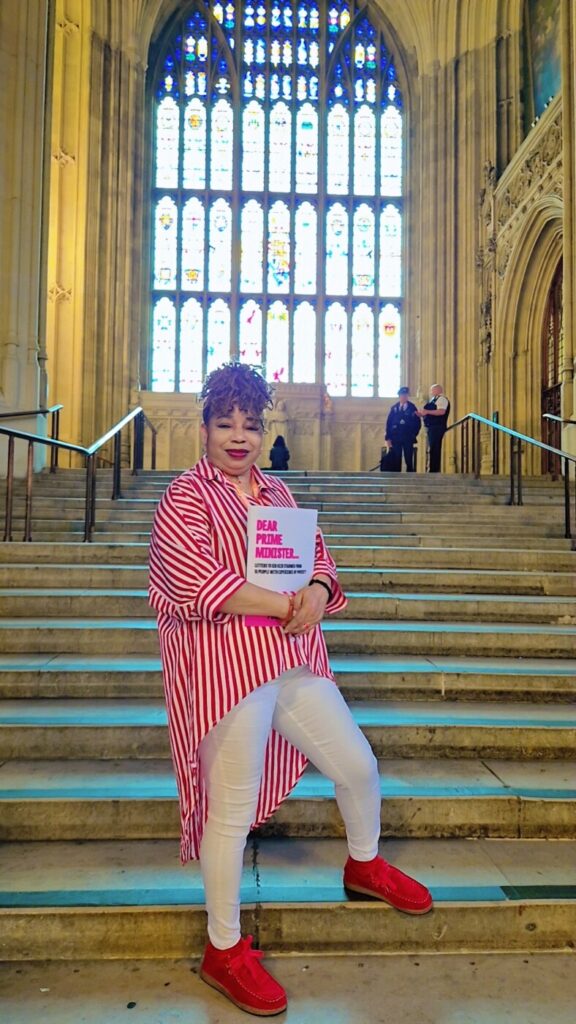
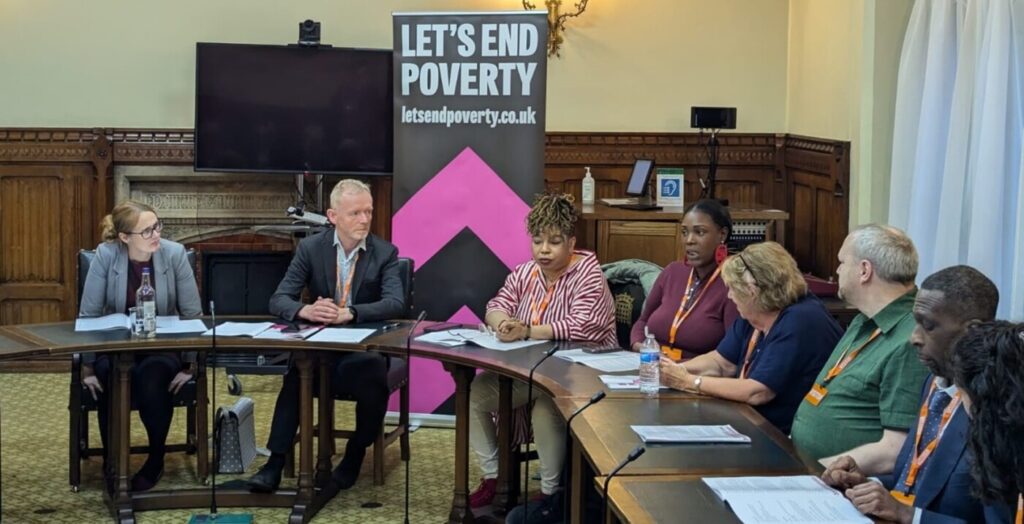




 Guest writer Greg Smith shares a personal story of injustice in the care system, and urges churchgoers to demand better from our society.
Guest writer Greg Smith shares a personal story of injustice in the care system, and urges churchgoers to demand better from our society.